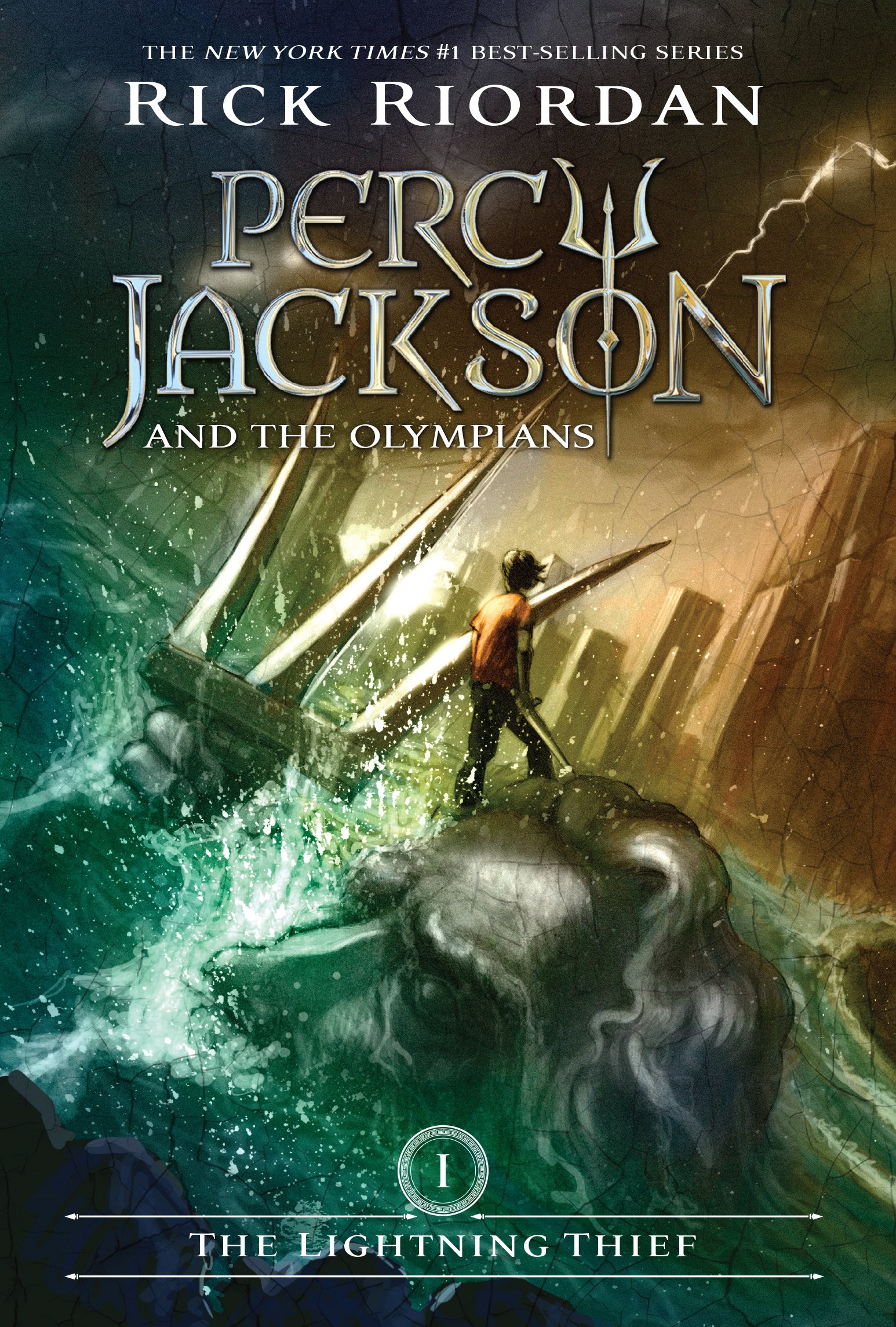The exhibition that we are going to review today is called Pop Art Myths. This exhibition will be in the Thyssen Bornemisza ( Paseo del Prado, 8, 29043 Madrid) from july the 10 until september the 14, 2014.Their website is also very complete, here you will find many information, such as ticket prices or opening times: http://www.museothyssen.org/microsites/exposiciones/2014/mitos-del-pop/index_en.html#ancla
In this exhibition you will find some of the most famous artists and their artworks, for example from Roy Lichtenstein to Andy Warhol. You will be able to enjoy the exhibition for almost ten weeks! Mainly the creator was the Curator of the museum: Paloma Alarcó, head of the modern painting, Thyssen Museum. This group show is an historical and original exhibition.
In this exhibition you will be able to find an overwhelming universe of colors tastefully combined to convey the feeling of the era this mouvement was created and developped, thanks to the idea of pop artists to be inspired in the media and cinema industry that was being developped. Also there are various forms of representation, such as movie posters, sculptures, close-ups, etc...
The good point in this mouvement is that there are some pieces that are very simple to be reconigzed and even to be interpretated so that the viewer is able to be transported to pop art universe.
This exhibition really has an impact on the viewer because we see some famous pieces that everyone knows from our childhood or even because we have seen the on TV. In my opinion the hole exhibition really whort it because there are no pieces that aren't dismissed. This exhibition shows the concept of the hero all along and thanks to this mouvement. The art piece we are going to see today is one of my favorites, by mimmo Rotella, called Cleopatra, painted in 1963. What it's really interesting about theis piece is that we can see that the artist wanted to emphasize on the woman in the middle of the image, also a thign that really makes the difference with this piece is that we can reconize the original material the artist used, a poster of a film.
This exhibition really has an impact on the viewer because we see some famous pieces that everyone knows from our childhood or even because we have seen the on TV. In my opinion the hole exhibition really whort it because there are no pieces that aren't dismissed. This exhibition shows the concept of the hero all along and thanks to this mouvement. The art piece we are going to see today is one of my favorites, by mimmo Rotella, called Cleopatra, painted in 1963. What it's really interesting about theis piece is that we can see that the artist wanted to emphasize on the woman in the middle of the image, also a thign that really makes the difference with this piece is that we can reconize the original material the artist used, a poster of a film.
Mimmo Rotella, Cleopatra, 1963.









